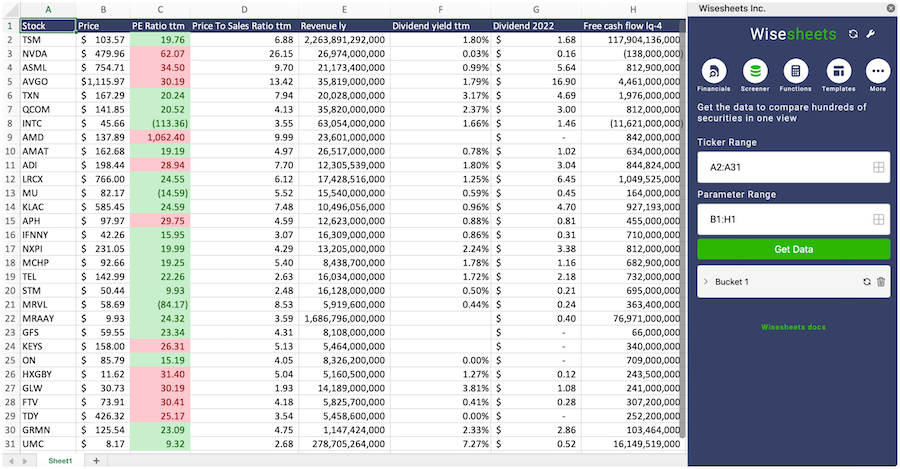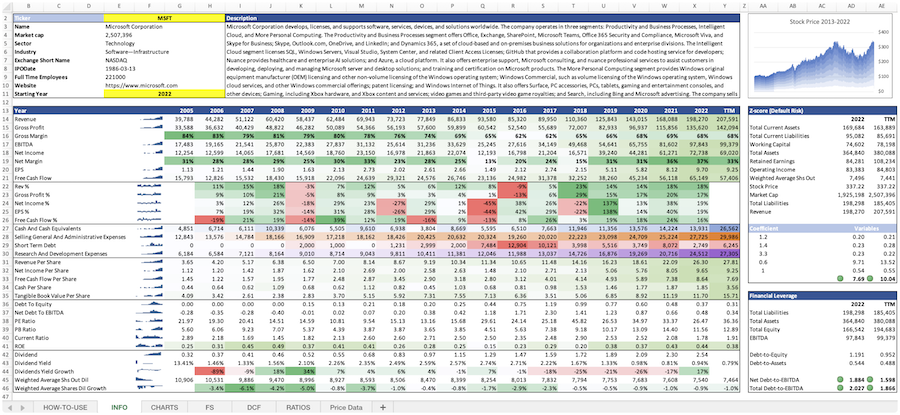BNP Paribas S.A.
BNP.PA
Price:
$80.6
Market Cap:
$90.01B
BNP Paribas SA provides a range of banking and financial services in Europe, North America, Asia Pacific, and internationally. The company offers corporate and institutional banking services, such as consulting, financing and transaction banking for corporate clients and institutional investors; capital markets investment and financing; securities clearing, and custody services. It also provides commercial, and personal banking and services, including financing and leasing services, financing of individuals, and digital banking services, as well as current and savings account products, equipment leasing and financing solutions, and consumer loans. In addition, the company offers investment a...[Read more]
Industry
Banks - Regional
IPO Date
1993-10-18
Stock Exchange
PAR
Ticker
BNP.PA
PE Ratio
[8.43]
ROE
[8.37%]
Current Ratio
[0.30]
Dividend Yield
[9.16%]
Enterprise Value
[176.42B]
Dividend History
The PE Ratio as of December 2025 (TTM) for BNP Paribas S.A. (BNP.PA) is 8.43
According to BNP Paribas S.A.’s latest financial reports and current stock price. The company's current PE Ratio is 8.43. This represents a change of 118.91% compared to the average of 3.85 of the last 4 quarters.
BNP Paribas S.A. (BNP.PA) Historical PE Ratio (quarterly & annually)
How has BNP.PA PE Ratio performed in the past?
The mean historical PE Ratio of BNP Paribas S.A. over the last ten years is 8.73. The current 8.43 PE Ratio has changed 9.56% with respect to the historical average. Over the past ten years (40 quarters), BNP.PA's PE Ratio was at its highest in in the December 2013 quarter at 151.42. The PE Ratio was at its lowest in in the June 2014 quarter at -2.91.
Average
8.73
Median
8.85
Minimum
5.74
Maximum
10.27
BNP Paribas S.A. (BNP.PA) PE Ratio by Quarter and Year
Discovering the peaks and valleys of BNP Paribas S.A. PE Ratio, unveiling quarterly and yearly fluctuations to gain insights into the company’s financial performance and market dynamics, offering valuable data for investors and analysts alike.
Maximum Annual Increase = 33.67%
Maximum Annual PE Ratio = 10.27
Minimum Annual Increase = -98.55%
Minimum Annual PE Ratio = 5.74
| Year | PE Ratio | Change |
|---|---|---|
| 2024 | 5.74 | -43.85% |
| 2023 | 10.23 | 33.67% |
| 2022 | 7.65 | -15.90% |
| 2021 | 9.10 | 5.65% |
| 2020 | 8.61 | 1.16% |
| 2019 | 8.51 | 23.58% |
| 2018 | 6.89 | -32.91% |
| 2017 | 10.27 | 1.75% |
| 2016 | 10.09 | -0.88% |
| 2015 | 10.18 | -98.55% |
BNP Paribas S.A. (BNP.PA) Average PE Ratio
How has BNP.PA PE Ratio performed in the past?
The current PE Ratio of BNP Paribas S.A. (BNP.PA) is greater than its 3-year, greater than its 5-year, and less than than its 10-year historical averages
3-year avg
7.87
5-year avg
8.27
10-year avg
8.73
BNP Paribas S.A. (BNP.PA) PE Ratio vs. Peers
How is BNP.PA’s PE Ratio compared to its peers?
BNP Paribas S.A.’s PE Ratio is greater than Crédit Agricole S.A. (7.03), less than Société Générale S.A. (9.79), less than AXA S.A. (16.12), greater than Caisse Régionale de Crédit Agricole Mutuel Alpes Provence Société coopérative (6.70), greater than Caisse Régionale de Crédit Agricole du Morbihan (7.84), greater than Caisse Régionale de Crédit Agricole Mutuel Brie Picardie Société coopérative (5.23), greater than Caisse Régionale de Crédit Agricole Mutuel du Languedoc Société coopérative (8.38), greater than Caisse Régionale de Crédit Agricole Mutuel Nord de France Société coopérative (6.72), less than Caisse régionale de Crédit Agricole Mutuel d'Ille-et-Vilaine Société coopérative (10.17), less than Caisse régionale de Crédit Agricole Mutuel Loire Haute-Loire - Société coopérative (9.32),
| Company | PE Ratio | Market cap |
|---|---|---|
| 7.03 | $53.24B | |
| 9.79 | $51.80B | |
| 16.12 | $89.20B | |
| 6.70 | $87.87M | |
| 7.84 | $161.20M | |
| 5.23 | $418.63M | |
| 8.38 | $137.42M | |
| 6.72 | $1.60B | |
| 10.17 | $227.43M | |
| 9.32 | $91.80M |
Build a custom stock screener for BNP Paribas S.A. (BNP.PA) and other stocks
One of the best ways to find valuable stocks to invest in is to build a custom made screener in your Excel or Google Sheets spreadsheet. This allows you to compare thousands of companies like BNP Paribas S.A. using the financials and key metrics that matter to you in a single view.
The easiest way to set this up is to use the Wisesheets add-on and set your spreadsheet like this:
Covering all these metrics from financial, data, dividend data, key metrics and more you can get all the data you want for over 50+ exchanges worldwide.
Get your free trial here.
BNP Paribas S.A. (BNP.PA) and other stocks custom spreadsheet templates
The easiest way to analyze a company like BNP Paribas S.A. or any others is to create a spreadsheet model that automatically retrieves all of the stock data you need.
Using Wisesheets you can set up a spreadsheet model like this with simple spreadsheet formulas. If you change the ticker you can get all of the data automatically updated for you.
Whether you need live data, historical price data, financials, dividend data, key metrics, analyst estimates, or anything else...Wisesheets has you covered.
Frequently asked questions❓
What is the PE Ratio?
How can you use the PE Ratio?
What is BNP Paribas S.A.'s PE Ratio?
How is the PE Ratio calculated for BNP Paribas S.A. (BNP.PA)?
What is the highest PE Ratio for BNP Paribas S.A. (BNP.PA)?
What is the 3-year average PE Ratio for BNP Paribas S.A. (BNP.PA)?
What is the 5-year average PE Ratio for BNP Paribas S.A. (BNP.PA)?
How does the current PE Ratio for BNP Paribas S.A. (BNP.PA) compare to its historical average?

